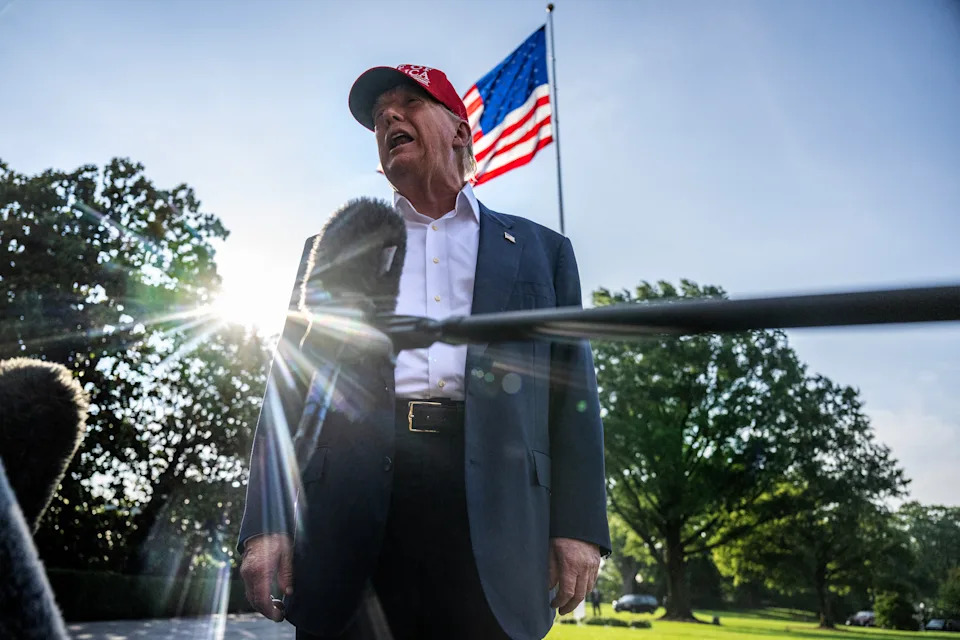
How 2 business world changes to Trump's megabill helped push the price tag $1 trillion higher
Key Points
- Corporate Tax Credits: Amendments making business tax credits permanent, such as depreciation and factory expensing, significantly increased the bill's cost from $519 billion in the House version to over $1 trillion in the Senate version.**
- Removal of Revenge Tax: The elimination of a proposed "revenge tax" on multinational businesses, following Wall Street objections, contributed to a $600 billion cost increase over the next decade.**
- Economic Growth Claims: Republicans and business leaders argue that these changes provide certainty for businesses and are expected to spur significant economic growth, with predictions of factory announcements in the near future.**
- Additional Costs: Other modifications, including shallower cuts to food assistance and student loans, added about $300 billion to the bill's cost, with increased borrowing leading to $713 billion in additional interest expenses.**
Summary
Recent amendments to President Trump's "big, beautiful bill" have drawn both praise and criticism. The business community has cheered changes that made corporate tax credits permanent and removed a proposed "revenge tax" on multinational firms, viewing them as catalysts for economic growth. However, these alterations significantly raised the bill's cost by over $1 trillion, with permanent tax credits alone escalating from $519 billion in the House version to over $1 trillion in the Senate's, according to the Committee for a Responsible Federal Budget. The removal of the revenge tax added a $600 billion increase over a decade, while other tweaks, like reduced cuts to social programs, contributed an additional $300 billion. Increased borrowing is projected to incur $713 billion in interest costs. President Trump, with his deep business background, took a keen interest in these provisions, which are touted by Republicans and business leaders as providing certainty and fostering innovation. Treasury Secretary Scott Bessent predicted a surge in factory announcements post-passage. Despite the optimism, Democrats criticize the bill's fiscal irresponsibility, with House Minority Leader Hakeem Jeffries condemning corporate giveaways. Passed by a narrow 218-214 House vote, the legislation heads to Trump's desk, but its high cost ensures it remains a contentious issue for future political debates.
yahoo
July 4, 2025
Stocks


